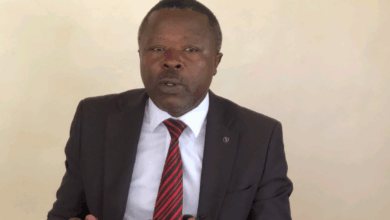Halting the district creation spree: A call for fiscally responsible governance
By prioritizing service delivery over administrative expansion, the government can promote fiscal responsibility and sustainable development.

Op-Ed: The recent trend of creating new districts has sparked intense debate among policymakers, economists, and citizens.
While the intention behind this move may be to bring services closer to the people, it is essential to consider the long-term financial implications of such decisions.
The creation of new administrative units comes with substantial recurrent expenditures, which can divert resources away from essential public services and hinder economic growth.
Instead of fragmenting the country into smaller administrative units, the government should focus on extending services to underserved areas. This approach will ensure that citizens have access to essential services without the burden of recurring costs associated with new districts.
By prioritizing service delivery over administrative expansion, the government can promote fiscal responsibility and sustainable development.
The creation of new districts often leads to increased administrative costs, including salaries, infrastructure development, and maintenance. These expenses can be substantial and may not necessarily translate to improved service delivery. In contrast, extending services to existing areas can be achieved through targeted investments in infrastructure, human resources, and technology.
Moreover, the proliferation of new districts can lead to duplication of efforts, inefficiencies, and confusion among citizens.
It is crucial to streamline administrative structures and focus on delivering essential services efficiently. By doing so, the government can reduce the financial burden on taxpayers and allocate resources more effectively.
In conclusion, while the intention to bring services closer to the people is commendable, the government must adopt a fiscally responsible approach. Instead of creating new districts, they should prioritize extending services to underserved areas.
This will ensure that citizens receive essential services without the added financial burden of recurrent expenditures. It is time for a more sustainable and efficient approach to governance.
The author is Bagarukayo Abdul, the NRM cadre/political thinker.
Disclaimer: As UG Reports Media LTD, we welcome any opinion from anyone if it’s constructive for the development of Uganda. All the expressions and opinions in this write-up are not those of UG Reports Media Ltd. but of the author of the article.
Would you like to share your opinion with us? Please send it to this email: theugreports@gmail.com.






